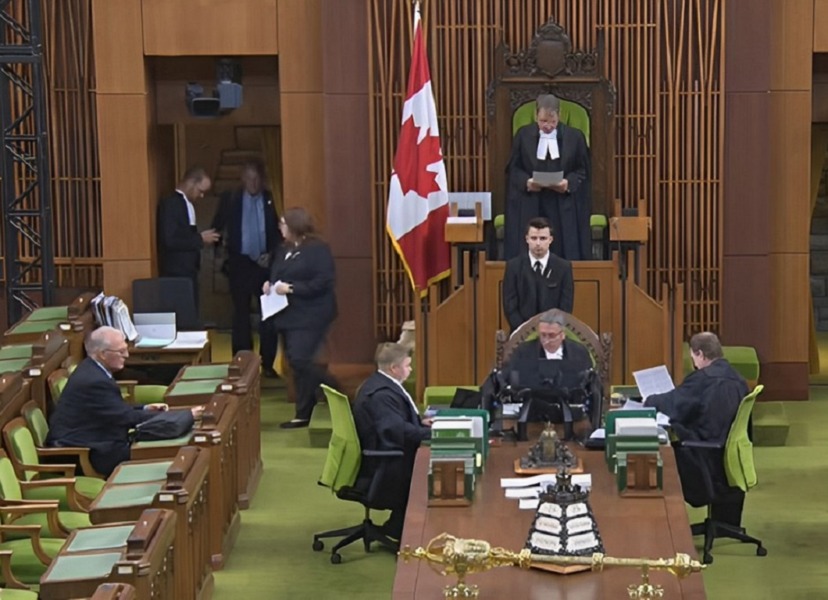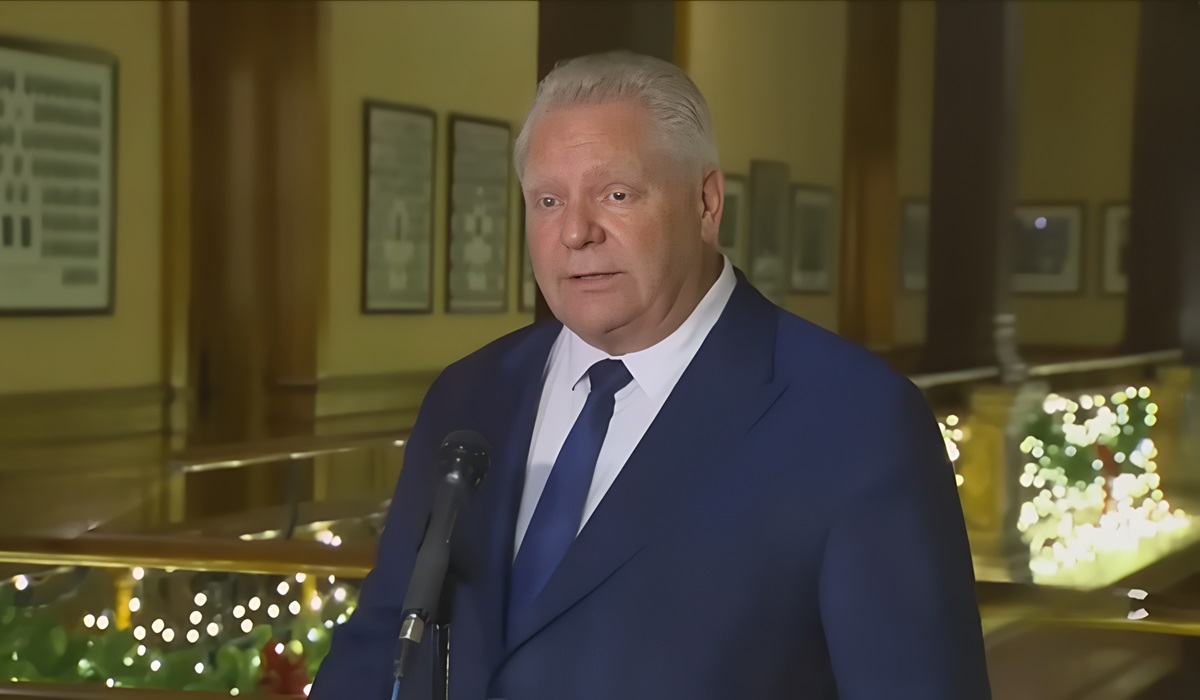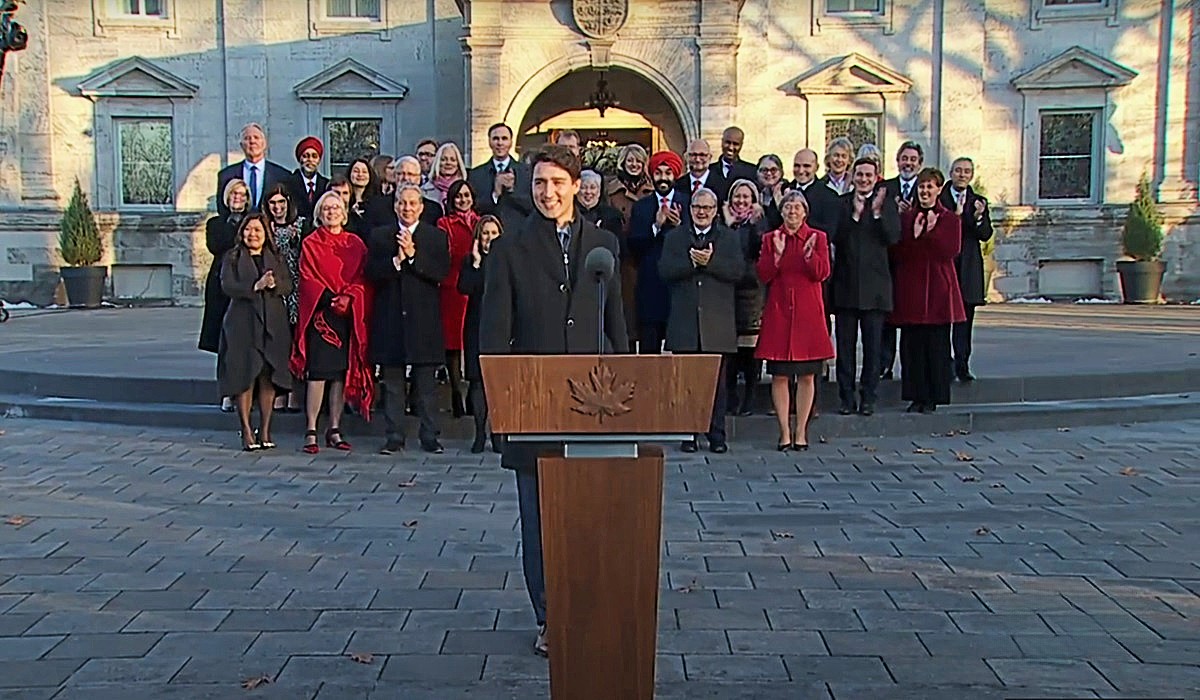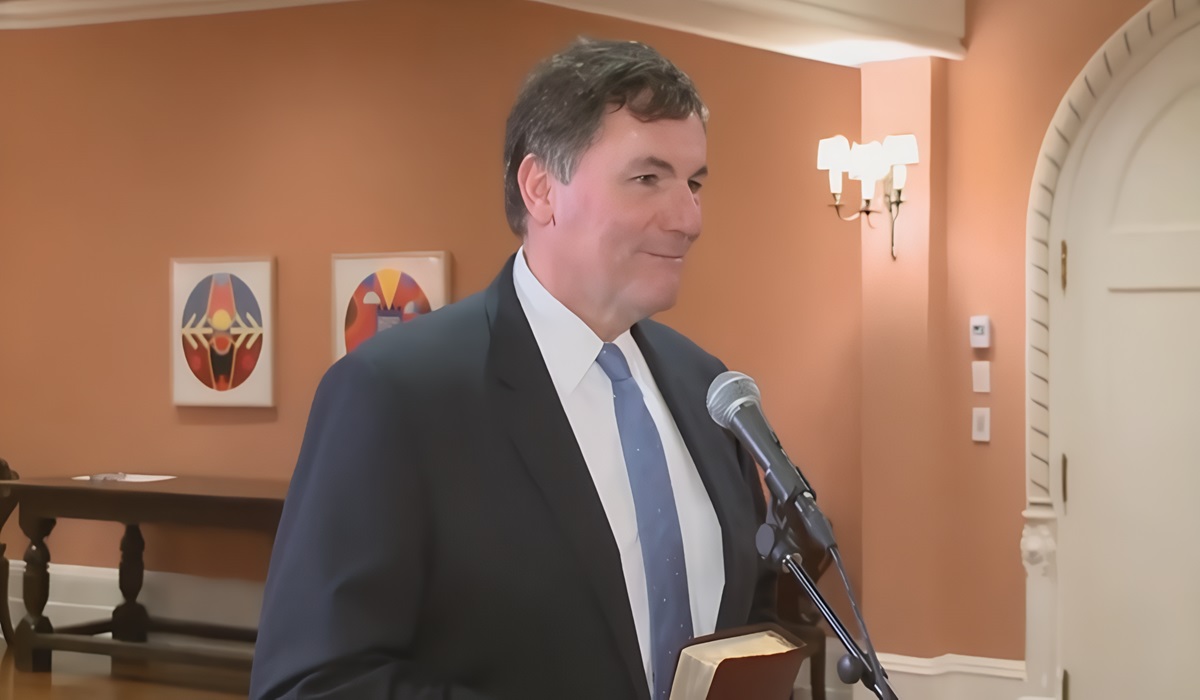Speaker Michael Rota, Scapegoat For Government Blunder
- TDS News
- Breaking News
- Canada
- September 28, 2023

After the public found out a former Nazi was given a standing ovation in the House of Commons, it was only a matter of time before Canada’s Prime Minister, Justin Trudeau, found himself issuing a public apology on behalf of the nation. The cause of this apology was an inadvertent act of applause and adulation for a Ukrainian man, Mr. Hunka, who had fought for a Nazi unit during World War II. This incident unfolded in the chamber of the Canadian Parliament and left the government deeply embarrassed.
Prime Minister Justin Trudeau, visibly distraught, addressed the nation and the world to extend his apology. He acknowledged the gravity of the situation, stating, “This is a mistake that deeply embarrassed parliament and Canada. All of us who were in this House on Friday regret deeply having stood and clapped even though we did so unaware of the context. It was a horrendous violation of the memory of the millions of people who died in the Holocaust.”
Speaker Anthony Michael Gerard Rota MP, who had been serving as the 37th Speaker of the House of Commons of Canada since 2019, made the difficult decision to resign following public revelation. As the Speaker, Rota was responsible for maintaining the decorum and integrity of parliamentary proceedings. He believed his resignation was the most appropriate action in light of the embarrassing incident. Rota’s resignation symbolizes the accountability expected from public officials in Canada, even in situations that might not have been directly under their control.
A key question arising from this debacle is how a guest with such a controversial background managed to gain access to the Canadian Parliament. The responsibility for vetting guests typically lies with the staff organizing these events. They meticulously screen the backgrounds of individuals invited to ensure they are suitable for such honours. The Speaker, a Member of Parliament (MP), or a minister typically signs off on the guest list. The incident highlights the critical importance of a more thorough vetting process to avoid such embarrassing episodes in the future.
Another aspect that has raised questions is the Ukrainian President’s level of knowledge and involvement in selecting who Canada chooses to honour. Mr. Hunka, who lives in Canada, should not have surprised those vetting. Furthermore, the department should have asked the Ukrainian foreign affairs department to cross-reference the name against nazi lists. If the Ukrainian President was unaware, this incident could strain diplomatic relations between the two nations, necessitating transparency and open communication to rebuild trust.
The incident involving Mr. Hunka is not an isolated event but a reflection of broader challenges to Canada’s foreign affairs department. It is evident that the department is currently facing numerous issues and needs a comprehensive overhaul to prevent such mistakes from recurring. These are errors that Canada, a nation known for its diplomacy and commitment to human rights, cannot afford to make on the global stage.








